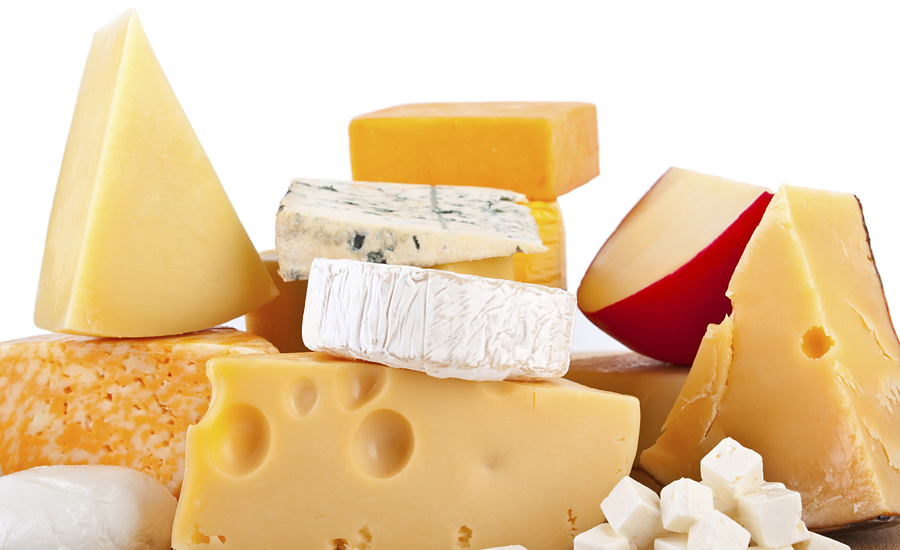The vegan cheese market is expected to continue its steady growth on account of the growing trend of veganism, coupled with the increasing consumer awareness about the health benefits associated with cholesterol-free vegan cheese consumption. In fact, the global vegan cheese market is projected to register 8.6% CAGR during the forecast period 2018-2028, according to a report published by Persistence Market Research, New York.
Individuals with a fondness for cheese have shown a reluctance toward veganism, however the growing awareness about the different vegan cheese options and variants available in the market has altered the scenario completely. And, vegan cheese processors continue to focus on introducing plant-based cheese substitutes, including cream cheese, parmesan, cheddar, ricotta, to name a few.
The report opines that vegan cheese market has witnessed collective growth in the recent years, and is likely to accelerate further in the forthcoming years in tandem with a significant shift in eating patterns. The report finds that globally, roughly 75% of the population is lactose intolerant, and suggests that the growing awareness about the potential health impact of dairy products will prompt consumers to shift to plant-based milk products.
According to the study, the growing animal welfare and environmental concerns associated with dairy product consumption are also gravitating consumers toward vegan cheese products. The transition to vegan cheese will further solidify, owing to numerous factors, including growing demand for eco-friendly, animal-free sources of protein, and raising concerns about allergens, antibiotic and hormone use. Many leading food chains have listed vegan food products on their menus to tap the expanding vegan population. And, convenience stores are ranked as the most common and imperative sales channel for vegan cheese customers, the study says, with leading grocery chains offering many exotic plant-based cheeses on shelves.
The study opines that vegan cheese consumption accounts for roughly 4-5% of plant-based food consumption globally, with Western Europe and North America being the most lucrative and matured markets, owing to the preference for ready-to-eat snacks.






